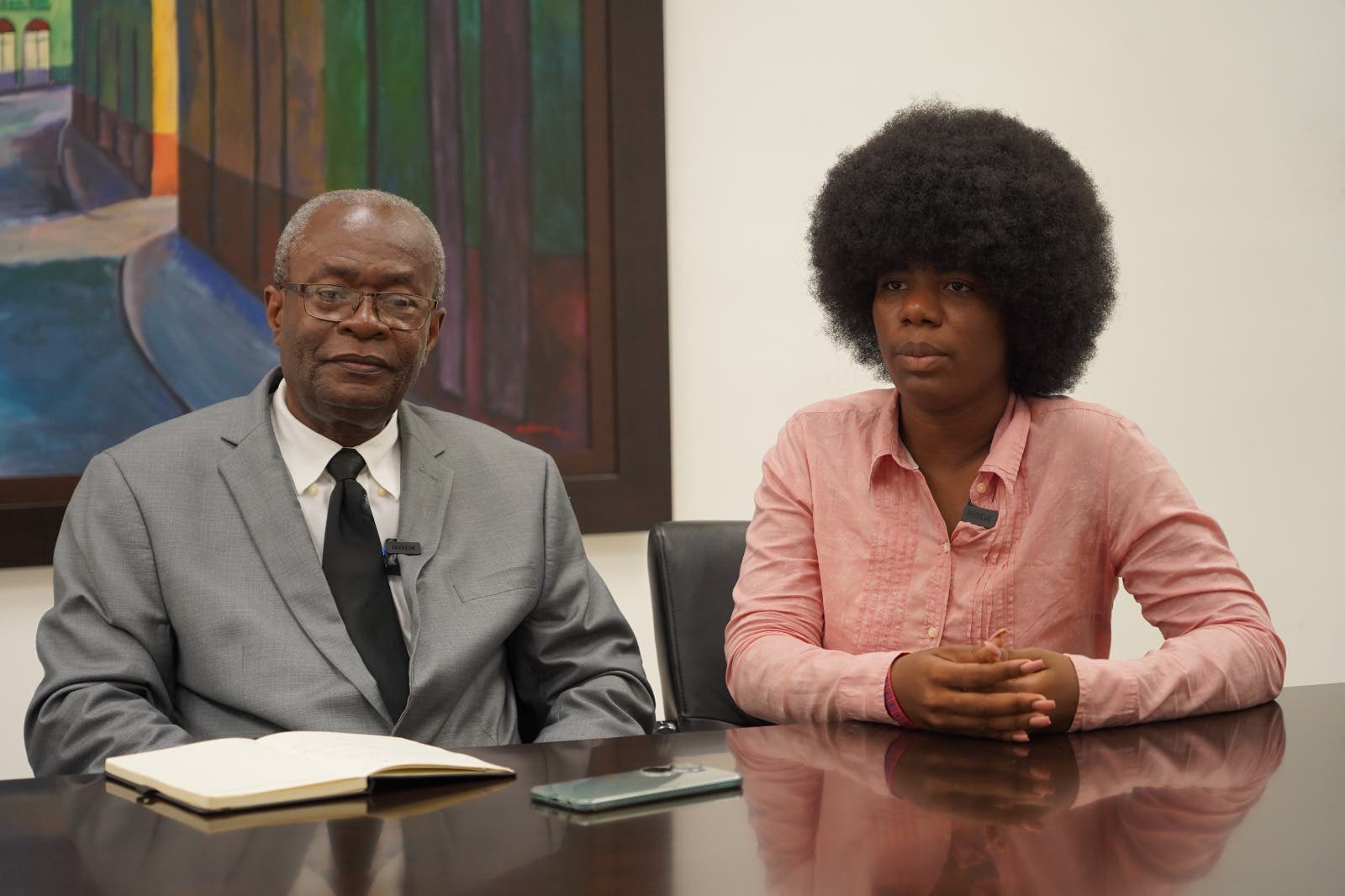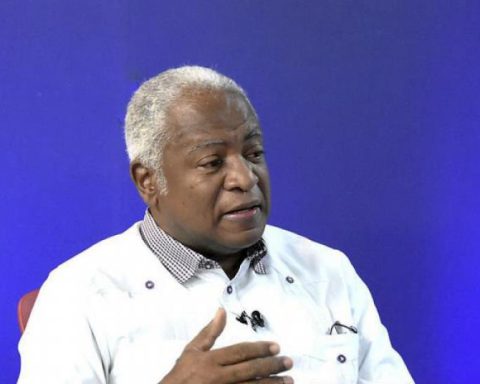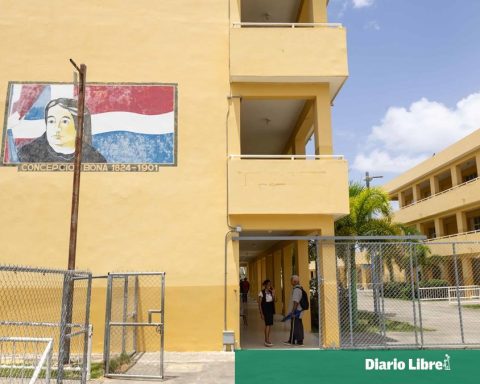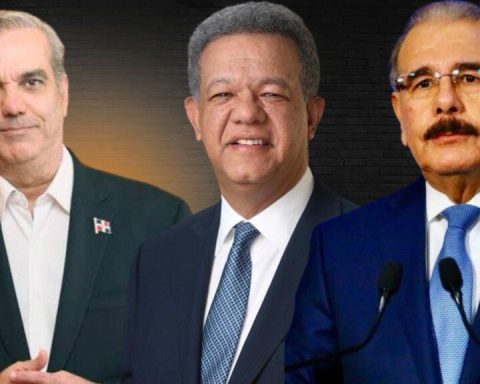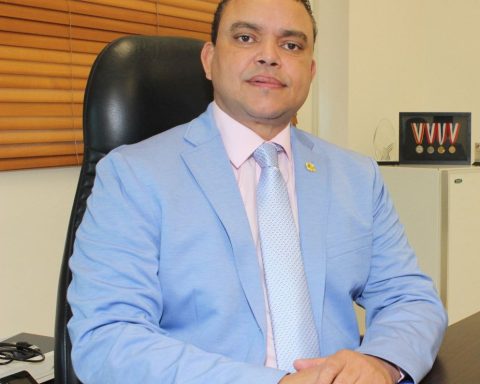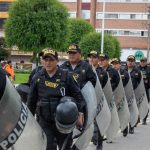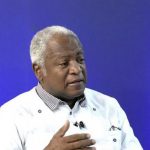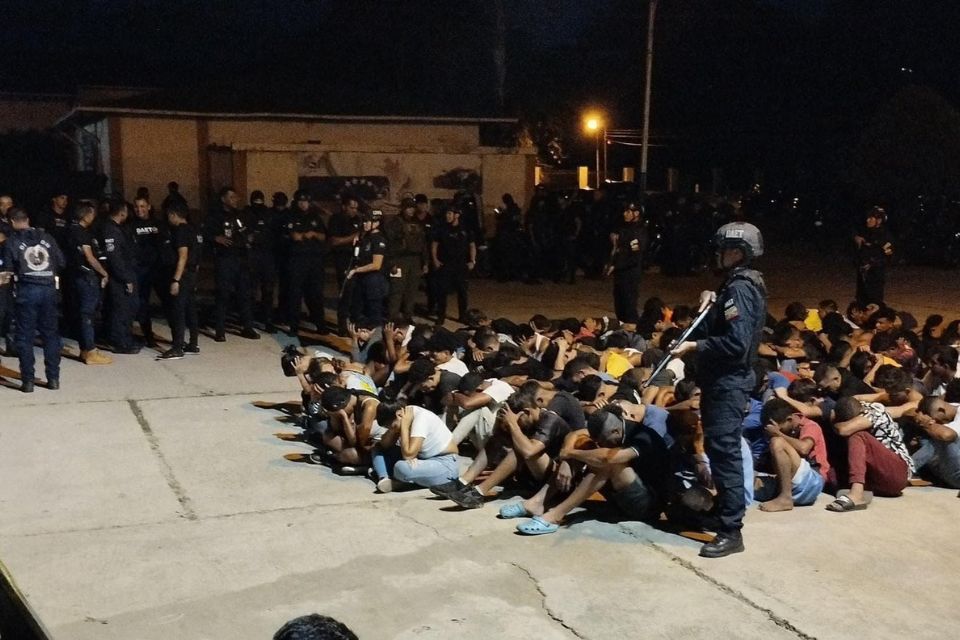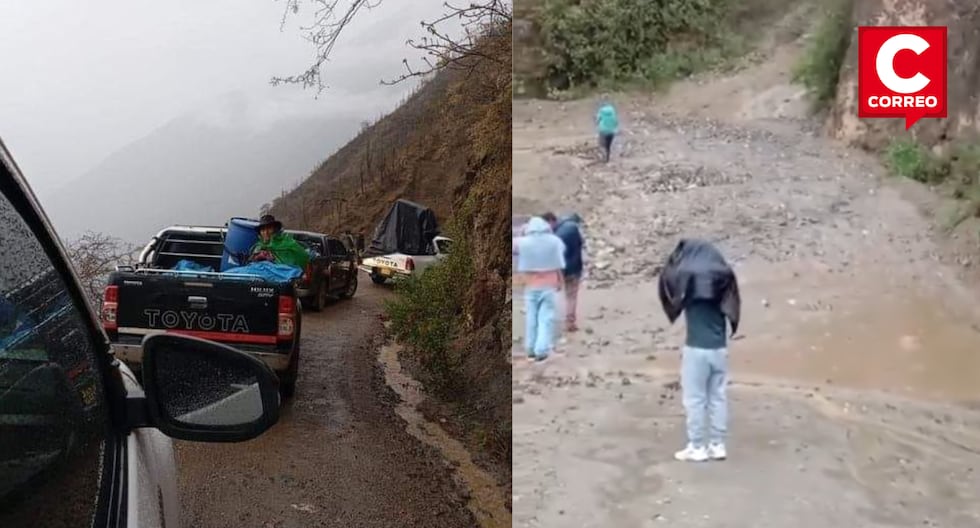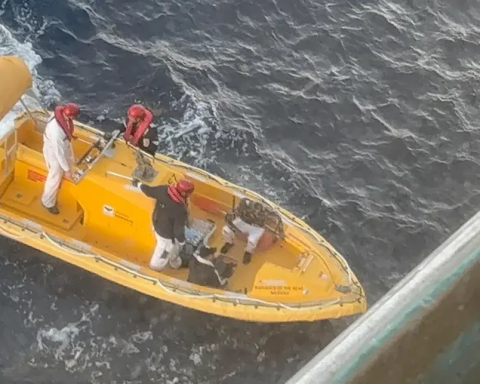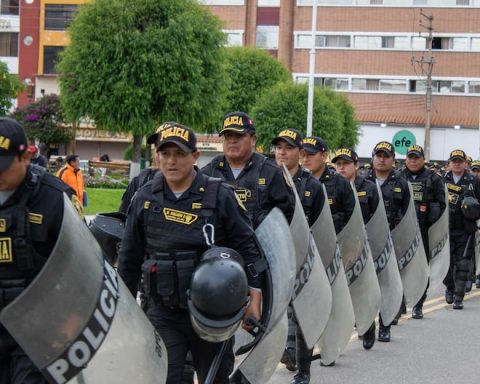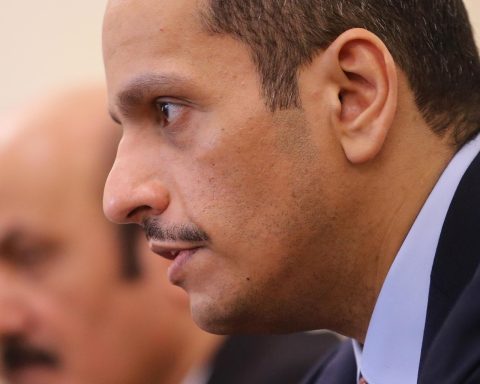The slogan “If I am not Dominican, neither is Abinader”which members of the Recognized Movement shouted together with one voice last Monday while protesting outside the National Palace, demanding to be heard after 11 years of ruling 168-13 of the Constitutional Court, does not disrespect the President of the Republic .
This is what he stated Manuel de Jesús Dandrélawyer and member of the organization Dominican@s por Derecho, who explained that, with said slogan, the protesters sought to remind President Luis Abinader of what he expressed on December 5, 2013, when he was only a presidential candidate: “that he could be “one of those affected by the sentence, because he was the son of immigrants.”
«On December 5, 2013, a meeting was held at the Autonomous University of Santo Domingo, and Abinader intervened there, being a presidential candidate, and he, in his own words, said that he could be the one who was on that stage because he was the son of immigrants. With that request that the young people made in front of the National Palace, the citizen president of the Republic was not offended, but rather he was reminded of something that he said publicly at the Autonomous University of Santo Domingo, in the main hall, in a activity of solidarity with the affected people,” said Dandré during an interview with Periódico HOY.
For its part, Ana Beatriz Rosariospokesperson for the entity, explained: “What is being done is a comparison of the fact that each person who was affected by the sentence has the same condition, that they come from migrant parents to the country, just like him (Luis Abinader). he himself expressed it, that He felt like he could be the one in that same condition.«.
“The Sentence”
From 1929 to 2010, under the principle of jus soli —or right to land—, the Dominican Republic granted nationality to anyone born in the country, except for the children of diplomats or people “in transit.” However, this changed when, on September 23, 2013, the Constitutional Court issued the sentence 168-13which establishes that nationality will not be recognized for the children of undocumented immigrants born after 1929, a measure that some consider arbitrary and based on racial and ethnic criteria against people of Haitian origin.
The ruling was the response to an appeal for protection presented by Juliana Deguis Pierrea woman of Haitian descent, who sued the Central Electoral Board to issue the identity document that had been denied to her since 2007.
However, the high court supported the electoral body’s refusal by considering that Deguis Pierre, who was 29 years old at the time, had not proven “that at least one of his parents had legal residence in the Dominican Republic at the time of his birth.” Thus, he concluded that he did not have Dominican nationality, but Haitian nationality.
Lives stopped
Ana Beatriz Rosario and Manuel de Jesús Dandré They maintain that, due to this situation, thousands of people are in a condition of statelessnesssince they have been left without nationality in the Dominican Republic.
«Not having an effective nationality living in a territory means being in a statelessnessalthough the (Dominican) authorities do not like the word statelessness,” said the jurist.

«All the people in the country who have been affected by the ruling have their lives stopped. People who cannot declare the children they have had, because 11 years have already passed; people who cannot have a formal job, who have to find some way to live; people who may want to start a family legally, but cannot get married; They cannot open a bank account. Apart from that, they are also not effectively adding to the Government, since, if I have a business, I cannot register it, I cannot pay a tax because if I do not have the documentation, I cannot do it. There are thousands of cases; There are future doctors, future lawyers, professors, who would like to be at the university right now pursuing a career, and others who have completed a career and cannot practice because they are not legally Dominican, when they have the right to be, and when the Law is in place ( of Naturalization 169-14) established, which tells them that they do have that right, but that it is not being fulfilled,” Rosario added.
Your claim
The movement demands that the Dominican authorities comply with Law 169, known as the Special Naturalization Law, approved in May 2014 by the National Congress and promoted by then-president Danilo Medina; that the offices of the National Plan for the Regularization of Foreigners (PNRE) be opened, and that the nationality of all people who have been affected by the ruling be fully recognized.
Continue reading:
Román Jáquez is running for a second term as president of JCE
